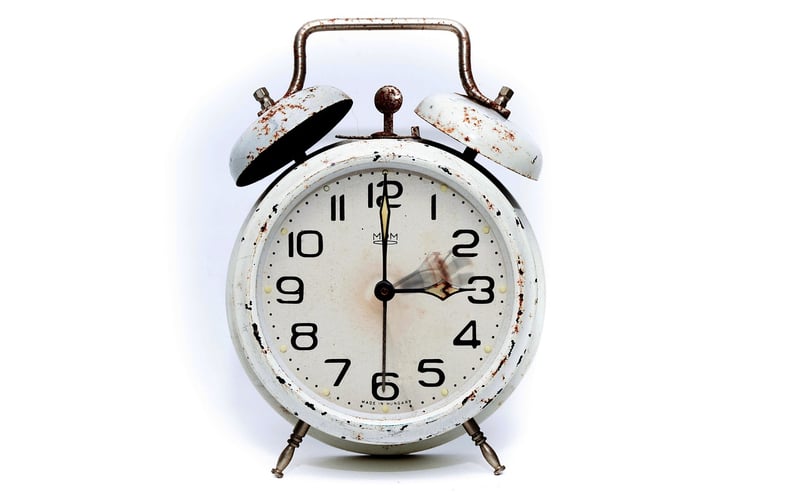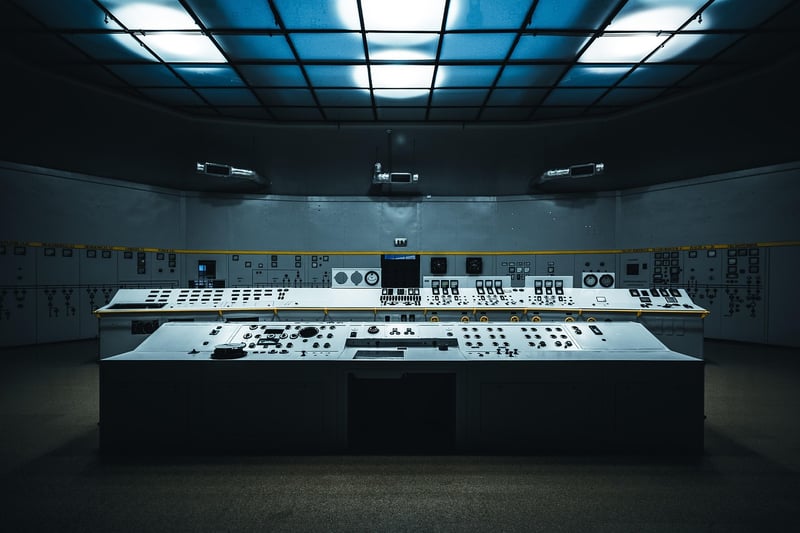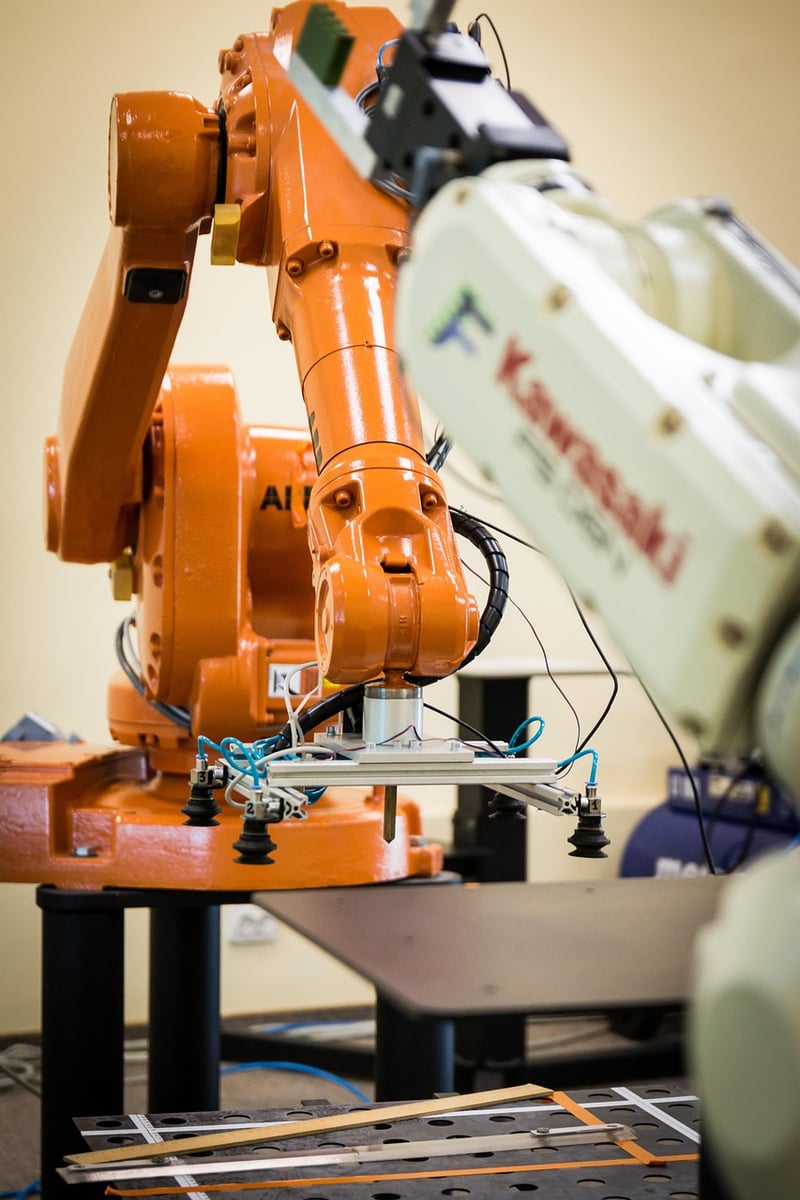Fictional Devices
Mechanisms and Concepts in Fictional Devices
Introduction
Exploring the world of fiction often involves encountering various mechanisms and concepts that add depth and intrigue to storytelling. Fictional devices are essential tools that writers use to create compelling narratives that captivate audiences. Let's delve into some of these fascinating elements that enhance the fictional realm.
1. Time Travel
Time travel is a popular fictional device that allows characters to journey through time, altering events and changing outcomes. Whether it's a magical portal, a futuristic machine, or a mystical artifact, the concept of time travel opens up endless possibilities for storytelling.

2. Alternate Realities
Alternate realities are parallel worlds or dimensions that exist alongside our own, offering a glimpse into what could have been. Writers use this device to explore different versions of characters and settings, creating unique and complex narratives.

3. Mind Control
Mind control is a powerful fictional concept where characters can manipulate thoughts, emotions, and actions. Whether it's through psychic abilities, hypnotic suggestion, or advanced technology, mind control adds a layer of psychological tension to stories.

4. Artificial Intelligence
Artificial intelligence (AI) is a prevalent theme in science fiction, where advanced machines exhibit human-like intelligence and behavior. From helpful companions to malevolent overlords, AI characters raise questions about consciousness, ethics, and the nature of humanity.

Conclusion
Exploring mechanisms and concepts in fictional devices allows us to immerse ourselves in imaginative worlds where the boundaries of reality are stretched and new possibilities emerge. These elements enrich storytelling, inviting readers to ponder complex ideas and experience thrilling adventures beyond our own reality.
Discover the endless creativity and wonder that fictional devices bring to the world of storytelling!
